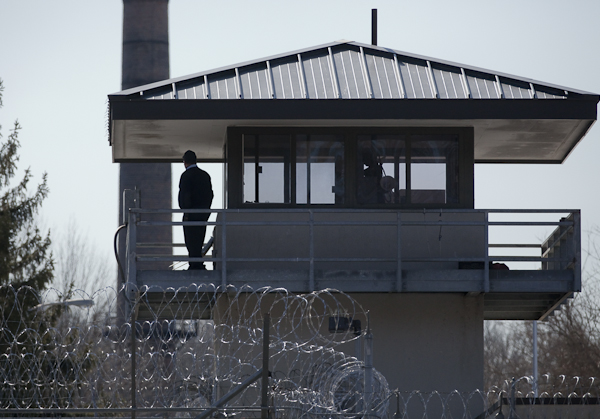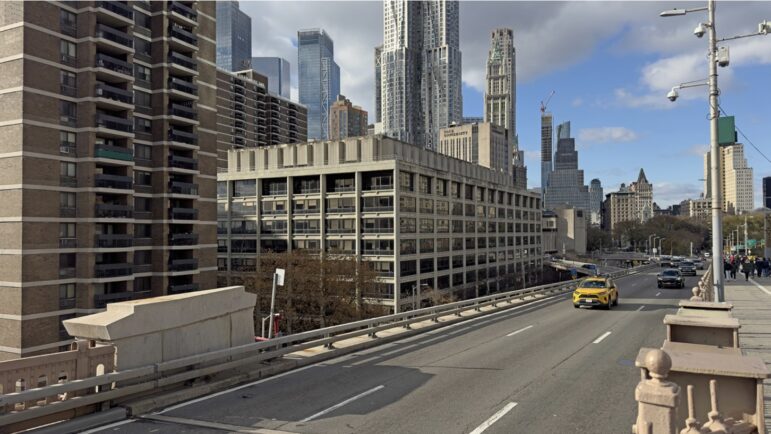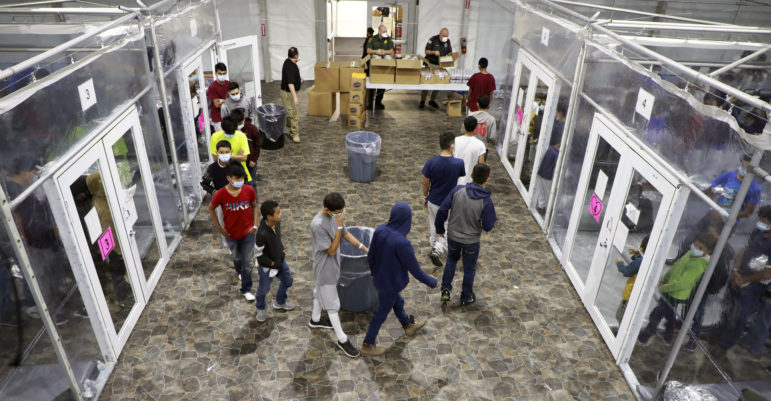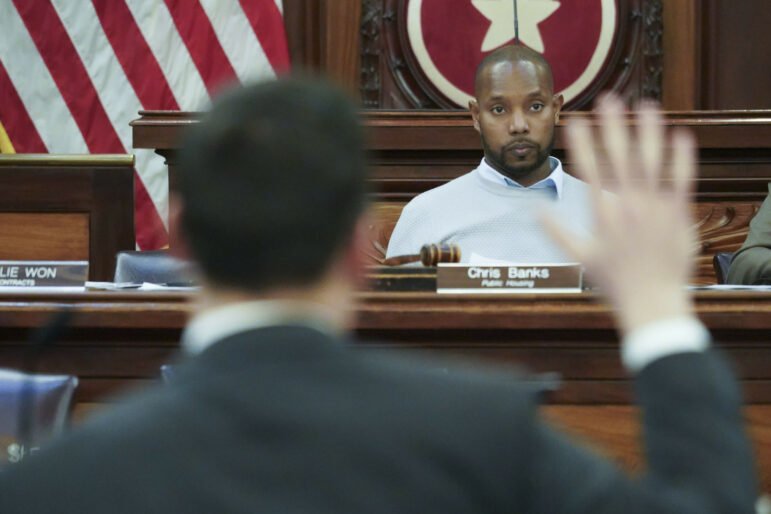“Collectively, we spent 69 years in prison for crimes we did not commit. We are now outside of prison because we were granted clemency and parole, respectively, but having yet to be exonerated, in many ways we are still not free.”

Marc Fader
Bedford Hills Correctional FacilityHope keeps people alive. When you spend decades behind bars for a crime you did not commit, denied your freedom, and stolen from your family and friends, hope is the one thing left to hold on to.
Collectively, we spent 69 years in prison for crimes we did not commit. We are now outside of prison because we were granted clemency and parole, respectively, but having yet to be exonerated, in many ways we are still not free.
The Challenging Wrongful Convictions Act (CWCA), passed by the New York State Legislature this spring and awaiting Gov. Kathy Hochul’s signature today, would provide the hope that the wrongfully convicted, including us, need to stay alive. More than that, it would prevent innocent people from wasting away in prison.
We needed these protections decades ago. We were both convicted in large part because crucial information was kept from us. Our cases are more common than you’d think; nearly half of exonerations in New York were cases where potentially favorable evidence was withheld at trial. Decades after our trials, wrongfully convicted people still have no right to that information. The CWCA would give everyone access to critical information that could prove their innocence, even after their trial.
Today we work at the Ford Foundation and CUNY Law School, respectively, to advocate for those who have fallen through the cracks. We have reunited with our families, but we still fight for our dignity; we are still labeled as “murderers” and endure all the restrictions and stigma that comes with it. Without the governor’s signature, the wrongfully convicted New Yorkers in prison today may never get to return to their communities.
The CWCA takes aim at a longstanding flaw in our system by extending protections to all innocent people, including those who took plea bargains. In New York, 96 percent of felony convictions are the result of a guilty plea. Criminal legal scholars have long known that many defendants, who are often coerced or face extremely harsh penalties if they go to trial, will plead guilty despite their innocence. Right now, it is nearly impossible for those New Yorkers to prove their innocence—even though a quarter of exonerated people across the nation originally pleaded guilty.
This flaw in our system was exposed to even greater scrutiny last year, when Manhattan District Attorney Alvin Bragg moved to vacate Steve Lopez’s conviction. Lopez was the sixth wrongfully convicted person in the notorious Central Park jogger case and was the only one to plead guilty. While the others had their names cleared in 2002, Steve had to wait another 20 years for justice. If the governor signs CWCA, everyone will be given a chance to have their truth heard on appeal—not just those whose cases receive attention from sympathetic DAs.
Legal challenges to wrongful convictions are met with extreme skepticism, even bias, and very rarely succeed right away. When those challenges are denied, innocent people must then seek permission to appeal, whereas the government gets that right automatically. The new law would provide wrongfully convicted New Yorkers an even playing field. It is most often on appeal where injustices are corrected, as a second look can help prevent one judge’s bias or mistakes keeping an innocent person in prison.
We expected New York’s top law enforcement officials to welcome this bill as a chance to better ensure the accuracy of their convictions; after all, while the Exonerated Five were sitting in prison, the person who actually carried out the Central Park attack was left free to commit several more crimes.
But instead, politics seem to be getting in the way. A small number of district attorneys across the state have spoken out against CWCA, with appeals to an ill-defined notion of “finality.” This argument elides district attorneys’ real responsibility: to find the truth and fight for justice, no matter how long it takes. A system that prioritizes finality over justice produces neither. It only produces more harm and more victims.
We can’t overstate how traumatic our incarceration was for ourselves and our families, and we’re far from alone. Since 1989, 347 New Yorkers have been exonerated. But we know the real number of wrongful convictions is vastly higher. The best way to restore trust in the system, ensure the integrity of convictions, and keep innocent people out of prison is for the governor to sign this bill.
Our legislators gave us the flame of hope we needed when they passed the Challenging Wrongful Convictions Act. Gov. Hochul has the chance to give the innocent a voice, to restore communities, to reunite families, and to give victims closure. She has the chance, by signing the CWCA into law, to provide hope to those who need it most.
Greg Mingo is a senior advisor to CUNY School of Law/Second Look Project and an ambassador to the Innocence Project. Anthony Sims is a business associate at the Ford Foundation.








